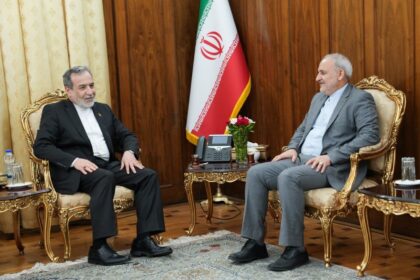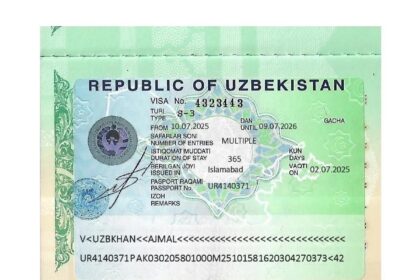WHO Calls for Urgent Action to Eliminate Hepatitis in Eastern Mediterranean
The World Health Organization (WHO) is urging governments and stakeholders across the Eastern Mediterranean Region to intensify efforts against viral hepatitis, emphasizing the urgent need to overcome obstacles to prevention, diagnosis, and treatment. On World Hepatitis Day, Dr. Hanan Balkhy, WHO Regional Director, underscored the region’s dire situation and the possibility of eliminating hepatitis as a public health threat by 2030.
Viral hepatitis remains a significant health challenge in the region, with an estimated 27 million people living with chronic forms of the disease—15 million with hepatitis B and 12 million with hepatitis C. Recent estimates reveal an ongoing crisis: in just one year, there were 183,000 new hepatitis C cases, 86,000 new hepatitis B infections, and 97,000 hepatitis-related deaths. Dr. Balkhy highlighted that timely access to healthcare could have prevented much of this loss, underlining the need for enhanced public health response.
Despite these challenges, the region has made notable progress, particularly in tackling hepatitis C. Egypt has emerged as a global success story, reducing hepatitis C-related deaths by 35% and earning the WHO gold tier status for its achievements. Pakistan is also making headway, with national initiatives designed to improve treatment capacity to reach half of the country’s population living with hepatitis C by 2027.
However, hepatitis B remains comparatively overlooked. Only 14% of hepatitis B cases in the region are diagnosed, and fewer than 2% of those affected receive treatment. Furthermore, vaccination at birth—a critical preventive measure—reaches only about 45% of newborns, well below the global target of 90%. This gap points to an urgent need for stronger early intervention.
Calling for renewed commitment, Dr. Balkhy urged governments and international partners to invest in effective strategies such as comprehensive vaccination programs, universal screening and treatment services, integration of hepatitis care within maternal and child health programs, sustainable funding, and data-driven approaches to intervention.
Dr. Balkhy concluded with a clear call to action, stressing that collective, evidence-based efforts are crucial to saving lives and finally eliminating hepatitis as a public health threat in the region. “Together, we can end hepatitis—and save lives,” she affirmed.











